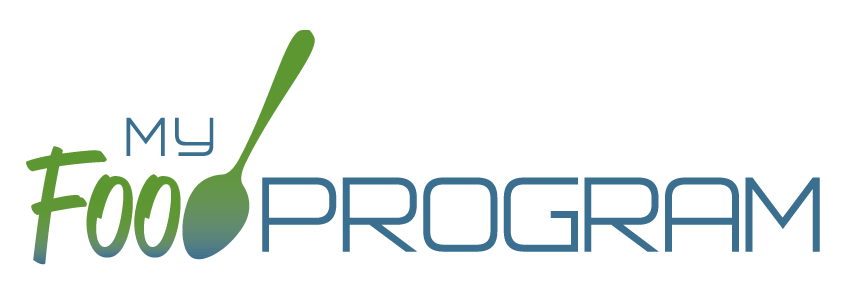
If you’re involved in the Child and Adult Care Food Program (CACFP), it’s essential to understand how long you need to maintain your records. Proper records retention not only helps you stay compliant but also ensures that you can easily access important information when needed. To ensure that the program runs smoothly and fairly, the federal government has set rules about how long certain documents should be kept. Let’s break down the federal records retention requirements for the CACFP.
Why is Record Retention Important?
Keeping records is crucial for several reasons:
Compliance
Meeting federal and state regulations helps avoid penalties.
Accountability
Records show that you are following the program’s rules.
Efficiency
Easy access to past records can speed up audits and reviews.
What Records Need to Be Retained?
Here are the main types of records you should keep for the CACFP:
-
Claims for Reimbursement
Keep all documentation related to the meals you claim for reimbursement such as menus, meal counts, and attendance records. -
Invoices and Receipts
Save receipts for food purchases, supplies, and any other expenses related to the program. -
Training Records
Document any training provided to staff, including dates, topics, and attendance. -
Program Agreements
Keep copies of any agreements or contracts related to the CACFP. -
Monitoring Records
If you conduct self-assessments or monitor staff performance, save those documents too.
How Long Should You Keep These Records?
According to federal regulations, here’s how long you should retain your records:
Three Years
Most CACFP records, including claims for reimbursement and supporting documents, must be kept for three years after the end of the program year in which they were created. For your specific record keeping requirements, please check with your state agency.
Special Cases
If there is an audit, investigation, or legal action, you may need to keep records longer. In such cases, retain the records until the matter is resolved.
Financial Records
Keep records related to financial transactions for at least three years as well, especially if they relate to your CACFP funding.
Using My Food Program to Organize Your Records
One of the easiest ways to stay organized and meet federal record retention requirements is by using My Food Program. Our cloud-based software is designed specifically for CACFP. The software automatically saves your records—such as meal counts, menus, attendance, training logs, and more—according to federal guidelines. You don’t need to print and store paper copies, because everything is securely stored in the cloud. Records are backed up and retained for the required amount of time, and you can access them anytime you need them—from any device with an internet connection. This not only saves you time and storage space but also gives you peace of mind knowing that your documentation is always audit-ready.
Understanding federal records retention requirements for the CACFP is vital for running a successful program. By keeping the necessary documents for the appropriate amount of time, you can ensure compliance and avoid headaches during audits.
Do you have more questions about Records Retention in My Food Program?
